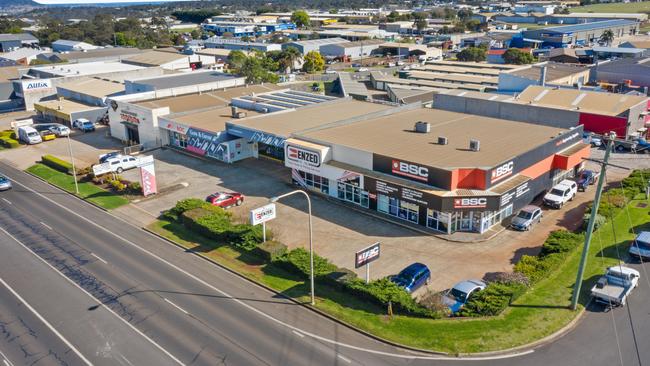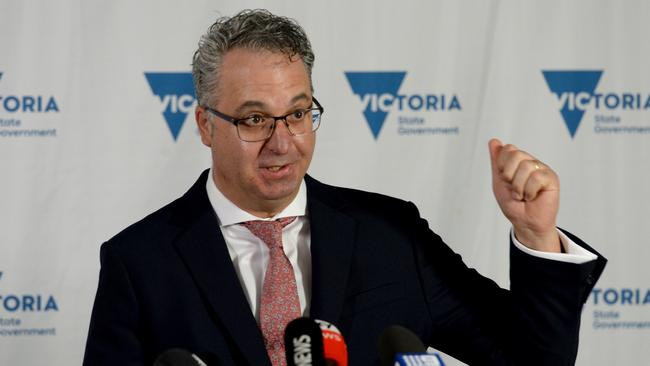Victoria to abolish stamp duty for commercial, industrial properties
Stamp duty will be abolished for some properties in Victoria, in a “landmark” move that’s expected to add $50bn to the state’s economy.

Victoria
Don't miss out on the headlines from Victoria. Followed categories will be added to My News.
Stamp duty for commercial and industrial properties will be abolished in a move the government says will add $50bn to the Victorian economy.
The significant tax reform is expected to be welcomed by industry groups who have long advocated for a shift away toward a broadbased tax.
Under the changes, stamp duty will be replaced by an annual property tax set at one per cent of the site’s unimproved land value.
A transition period will allow the first purchaser of a property after July 1, 2024, to either pay stamp duty or the equivalent amount over a 10 year period.
Once a property enters the new system after this time, stamp duty will never again be payable and an annual property tax will apply.
The arrangements will not apply to the current owner of any commercial or industrial property purchased before July 1, 2024.
Victorian Chamber of Commerce and Industry chief Paul Guerra welcomed the move.
“The Victorian Chamber has been working with the State Government on this landmark and generational productivity reform which businesses across Victoria will welcome,” he said.

“This is exactly the type of progressive tax reform that is required to free up stamp duty charges which will accelerate building upgrades, stimulate investment in commercial property and free up more capital.”
The reform is expected to be the centrepiece of the government’s Economic Growth Package as part of Tuesday’s budget.
Treasurer Tim Pallas said the landmark changes would enable businesses to be more dynamic and agile, and to grow and employ more workers.
“We’re removing barriers to larger investments, accelerating business growth and helping our economy grow even stronger,” he said.
Daniel Andrews last week ruled out abolishing stamp duty for residential properties.
The Premier said he was “unconvinced” that such a move would benefit Victorians.
Residents in New South Wales can currently opt to pay an annual tax over stamp duty, but the measure is due to be scrapped later this year.
“I’m not entirely certain that it is everything that people make it out to be,” Mr Andrews said.
“You had a policy decision made in NSW, then when it got implemented it went from being a compulsory scheme with all these macro benefits … then it became an optional scheme.
“I don’t even think that it necessarily delivers what people say it delivers.
“I am unconvinced about the merits of that particular proposal.”
Mr Andrews said while he understood that “everybody would like to pay less stamp duty”, the tax played an integral role in funding key public services.
A parliamentary inquiry is currently probing alternatives to stamp duty by investigating how the tax impacts the labour and housing markets, as well as its overall tax efficiency.
Consultation with business and industry groups over the new commercial property tax arrangement will continue in coming months, with the final form of the transition period still to be settled.





